Indian opposition, UN urge release of elderly priest held on terror charges
Indian opposition leaders on Wednesday called for the release of an elderly priest held on terror charges, one of 16 similar arrests rights groups say are politically motivated.
Stan Swamy, an 83-year-old Jesuit priest working with tribal groups in India's eastern state of Jharkhand, was arrested earlier this month on accusations he assisted Maoist groups active in the region.
He was refused bail and is being held under the Unlawful Activities Prevention Act (UAPA), that critics say is one of several laws being abused by Prime Minister Narendra Modi's government.
"The charges seem to be preposterous," said Shashi Tharoor, a lawmaker from the opposition Congress, that was one of half-a-dozen parties to speak at a news conference on Wednesday.
"He should be released on bail even if the government insists on these far-fetched charges."
Sonia Narang, a spokeswoman for India's federal National Investigation Authority that is in charge of the case, did not respond to a request for comment.
Swamy's arrest is one of sixteen in connection with what began as an investigation into clashes between groups from India's upper and lower castes in 2018, according to the People's Union for Civil Liberties, a rights group. All are activists, academics and other intellectuals.
The United Nations and several rights groups have said the detentions are part of a pattern of the government using India's laws to crack down on dissent, although New Delhi denies this.

"He was charged and detained, and we understand that he is still detained, despite being 83 years old, despite being a long-standing respected human rights activist, working particularly on the rights of marginalized groups," Rupert Colville, spokesman for the UN High Commissioner for Human Rights Michelle Bachelet, said on Tuesday.
"So in our view this is an example of these laws being used to detain the wrong type of people for the wrong reasons."
The UAPA has also been used to arrest several left-wing activists in connection with communal riots in India's capital earlier this year.
Maoist insurgency
Maoists launched their insurgency in the 1960s and have been fighting from their jungle hideouts ever since.
The rebels accuse the Indian state of plundering the mineral-rich and underdeveloped east and central regions of the country at the expense of the poor and landless, among whom they retain some support.
While the level of violence has fallen in recent years, and the Maoists have lost hundreds of fighters to desertions and battles with security forces, the rebels remain capable of staging regular hit-and-run attacks across several states.
(Source: Agencies)

BRICS to establish 'digital' payment system: Russian minister
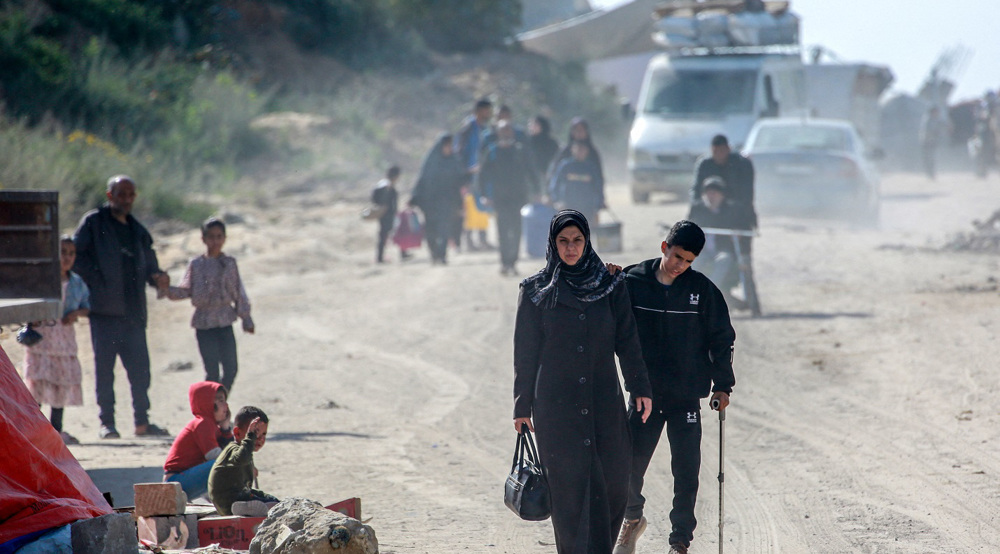
‘Humanity means nothing to Israel’: Top Indian MP blasts brutal Israeli airstrikes on Gaza
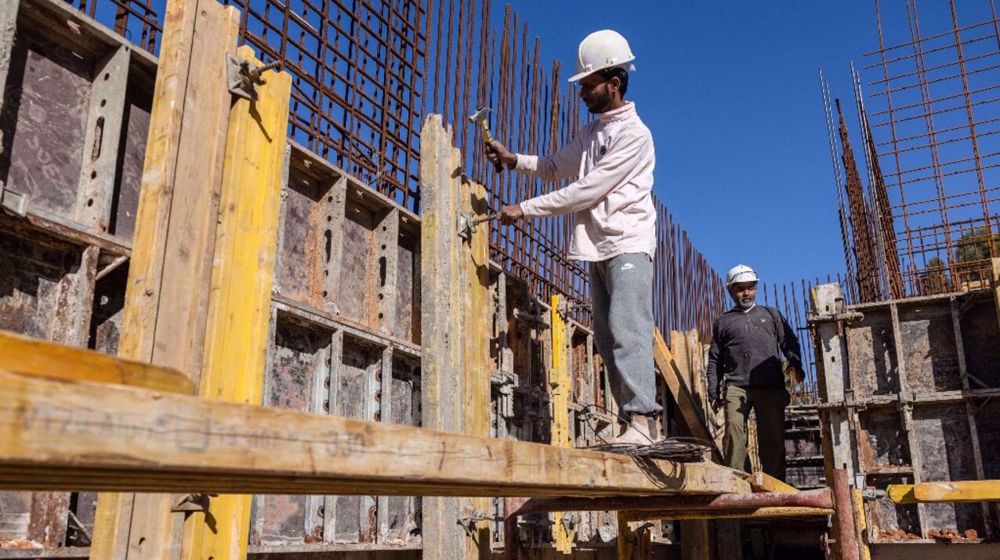
Indian worker shot dead in Jordan trying to enter Israeli-occupied territories
US orders social media screening for student visa applicants to bar those critical of Israel
VIDEO | Iran marks anniversary of Israeli attack on embassy in Damascus
Hamas slams Ben-Gvir’s storming of al-Aqsa Mosque as ‘dangerous escalation’
Moving against global tide, Israel eliminates all tariffs on US goods
VIDEO | Press TV's news headlines
Key well launched at Phase 11 of Iran’s South Pars gas field
Iran says US threats of military action will ‘complicate situation’ for talks
ICC censures Hungary for ignoring Netanyahu arrest warrant


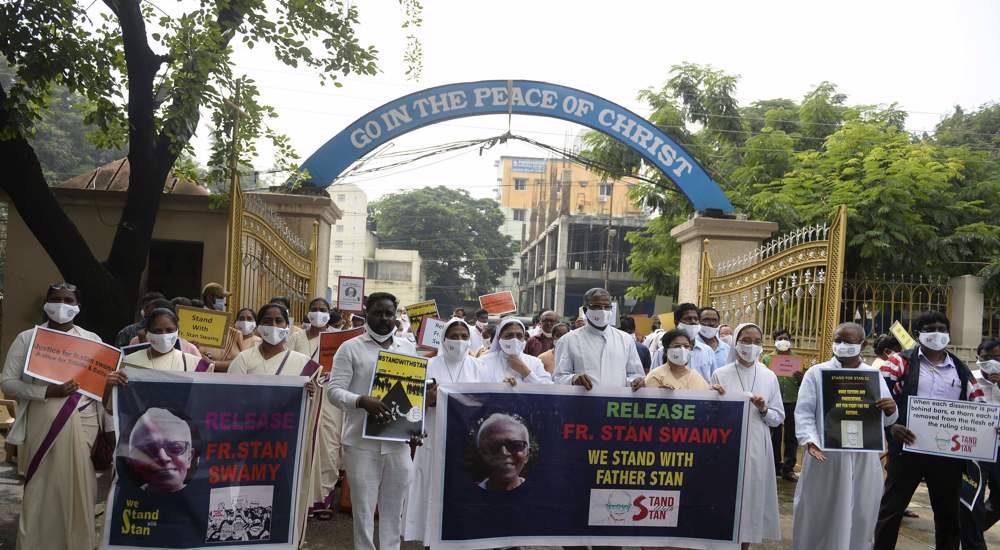



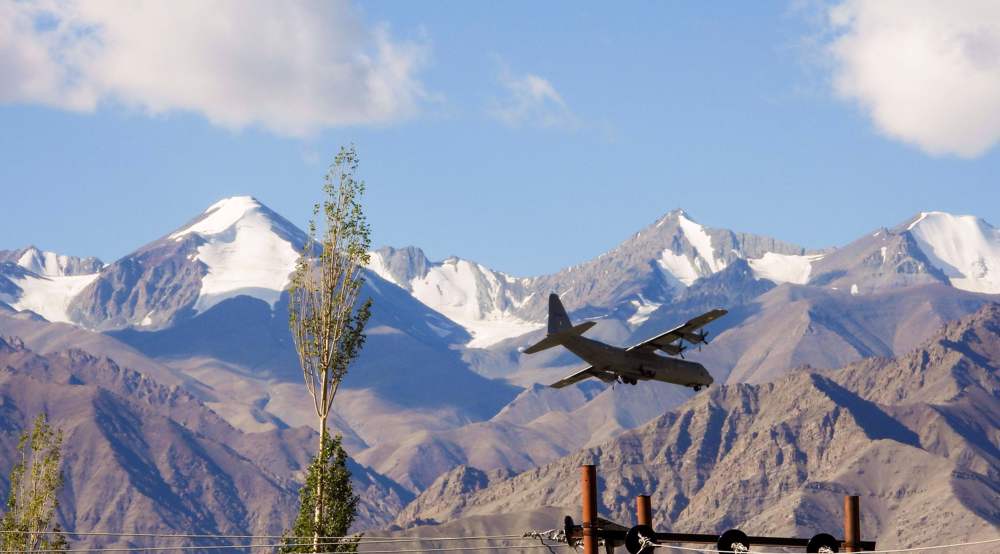
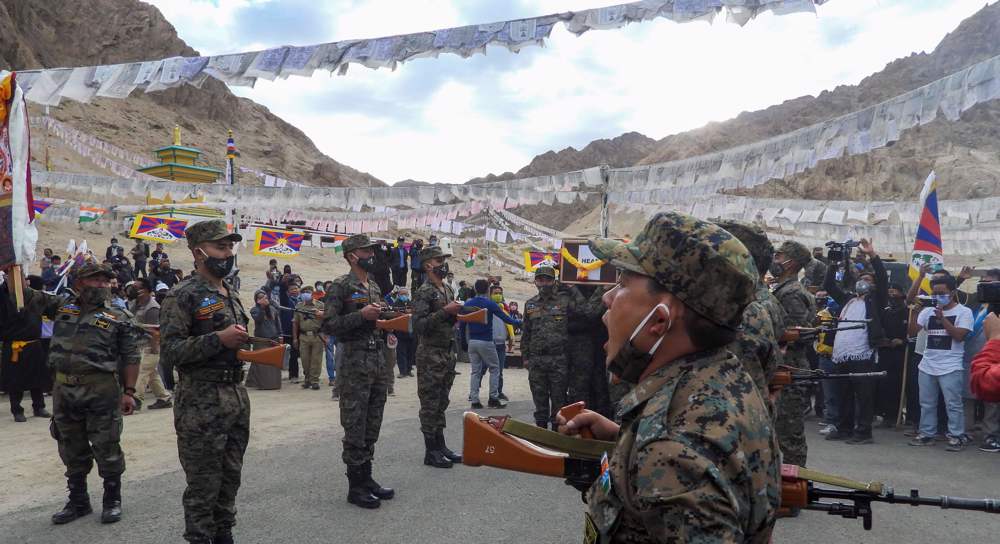



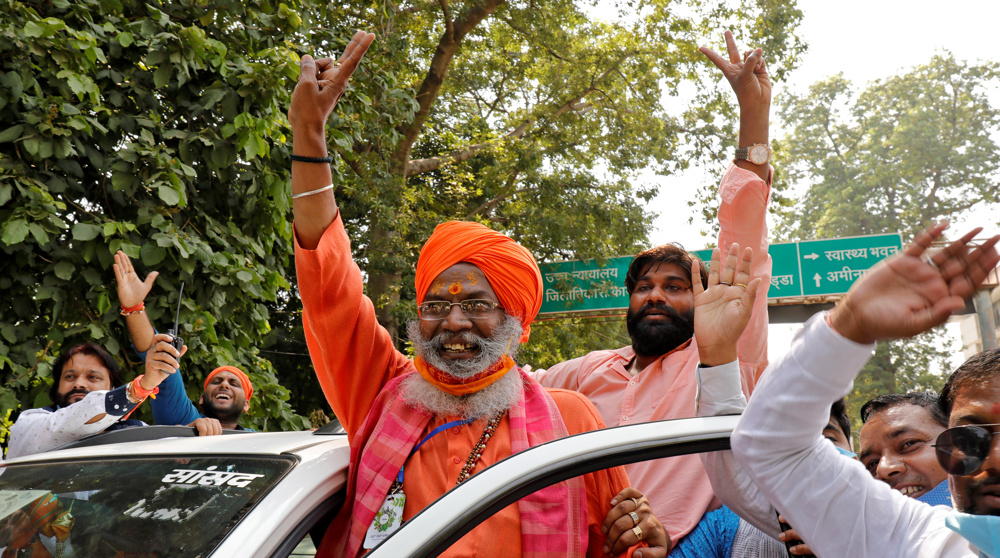

 This makes it easy to access the Press TV website
This makes it easy to access the Press TV website